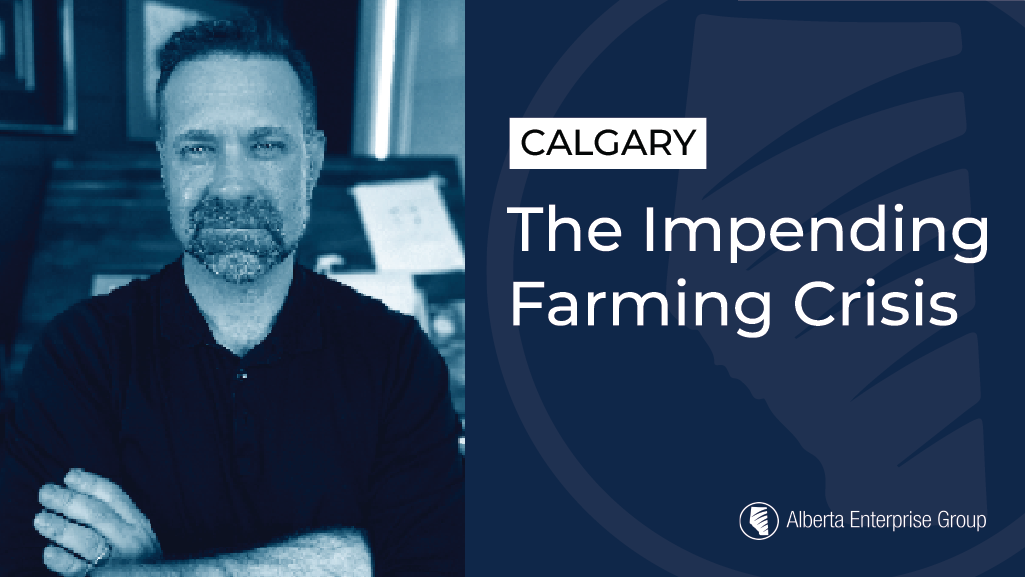The push to rebrand Calgary is on the table again. Is the reason to appear more cosmopolitan, or is re-branding the same as changing the curtains in the office when new occupants move in? It was said that some feel the city is dominated by corporate and cowboy culture, and it is difficult to fit in if you do not identify with either of those segments. It is also difficult to have a vibrant city without corporate dollars invested. And when did ‘cowboy culture’ become shameful? I was under the impression people choose a city for more opportunity or a more desirable lifestyle, not to change it to something they left – otherwise why move? Being a lifetime Calgarian myself, I admit this did set my nerves a bit on edge.
We are on a highway to climate hell with our foot still on the accelerator,” said Antonio Guterres, the Secretary-General of the United Nations, in his opening remarks at the COP27 summit in Sharm El Sheikh, Egypt. I neither contest the urgency that was ignited in 2015 when the historic Paris Agreement was adopted at COP21, nor deny how this urgent matter must maintain the spotlight. It remains the demand for all leaders of economies, me included, to rise up, promote, deliver, and defend the methodologies that are most properly suited to our cultures, our resources, and our people – our globe.
Dutch farmers are fighting for their farms and their livelihood. For weeks they blockaded highways, streets, food warehouses and government buildings with tractors, trucks, hay bales and manure. The Dutch government is imposing new ‘new green’ policies that they acknowledge will put many farmers out of business. All this on the pretext of protecting the environment.
Get ready, Edmonton, because MacEwan means business! Having celebrated its 50th anniversary last year, the university is now planning for its future. Last year, MacEwan released Teaching Greatness, a bold strategic vision to guide the institution’s evolution and growth in the coming years. The plan includes significantly growing the university’s student body.
I have always believed that business and team sports have a lot in common. The greatest Canadian coach of all time, Claire Drake used to say, “It’s amazing what you can accomplish when no one cares who gets the credit.”
Diagnostic testing plays a critical role in the early
detection, diagnosis and treatment of diseases and
conditions, making it one of the most effective
tools in keeping Albertans safe and healthy. For more than
The most common street talk now is around ‘ ESG ‘ reporting. So what does that mean for Canada, and
in particular Alberta? We know it is tied to climate change, but then when isn’t that the popular excuse for all rising costs ?
I have always believed that business and team sports have a lot in common. The greatest Canadian coach of all time, Claire Drake used to say, “It’s amazing what you can accomplish when no one cares who gets the credit.”
I have always believed that business and team sports have a lot in common. The greatest Canadian coach of all time, Claire Drake used to say, “It’s amazing what you can accomplish when no one cares who gets the credit.”
Life on earth has never been perfect, but you would have a tough time convincing some people of that. It is not that they are ignorant, but governments appear to have selective memories.











